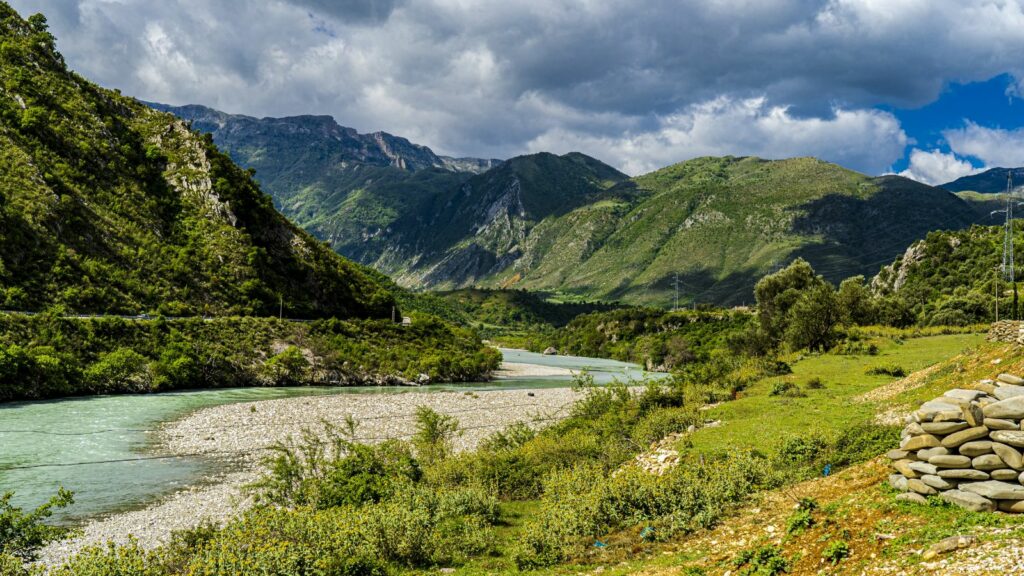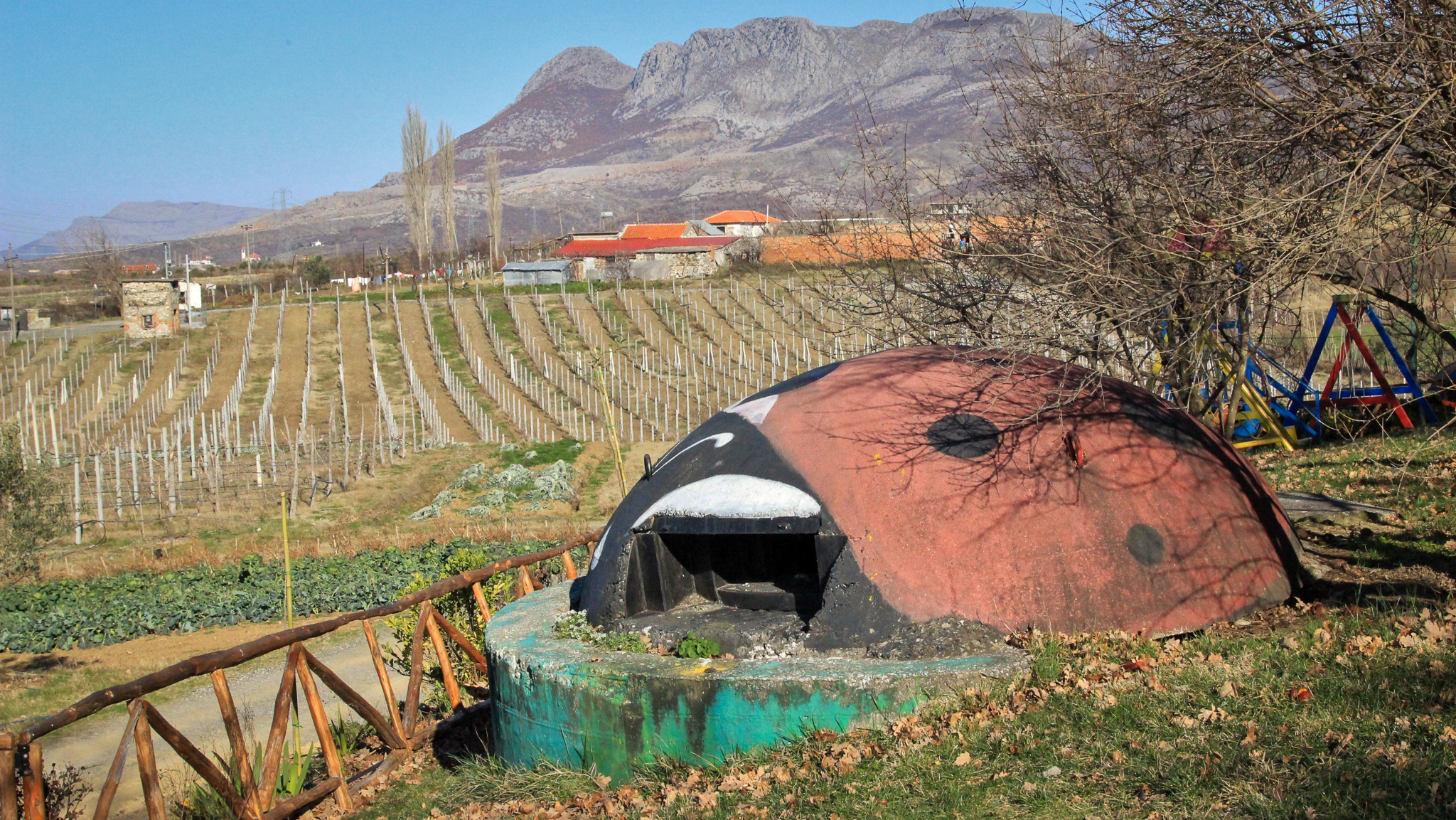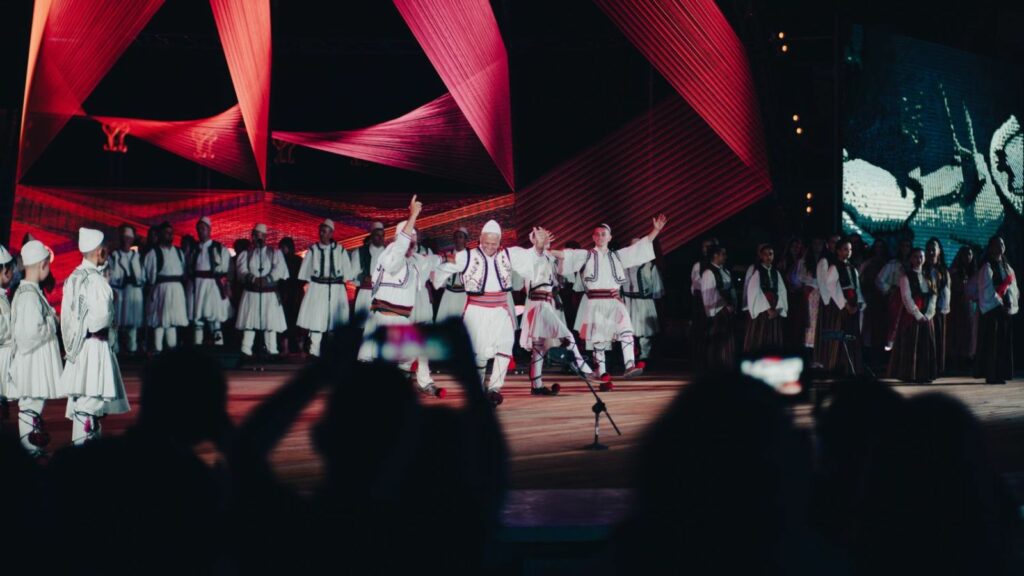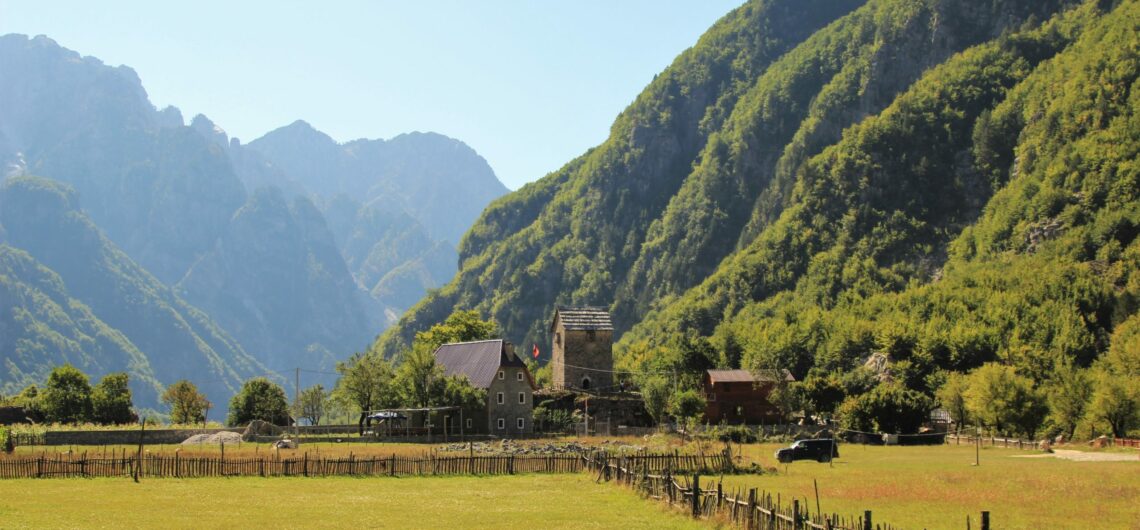Albania may have seas as dreamy as the Maldives, beaches like Croatia and even some similarities to Greece, but there are several things that set it apart from its Balkan neighbours and everywhere else.
From vast swathes of landscapes completely untouched by humans to its folklore traditions, Albania is a holiday destination like no other.
And so to honour this Balkan state’s individuality, we’ve listed seven things that are wonderfully unique about Albania.
Experience besa
Albanian culture has an ancient code of honour called ‘besa’ which literally means ‘to keep the promise.’ In practise, it means to be courteous, generous and trustworthy and to protect foreign visitors. And it really shows – if your car broke down or you looked lost, an Albanian would feel obliged to help, expecting nothing in return.
Surround yourself with pure, undisturbed wilderness
Around 70% of Albania is made up of lakes and mountains and other than the odd remote village and hiking trail, a lot of that remains inaccessible and untouched by humans.
In a world where it’s increasingly difficult to get a moment truly alone – or find somewhere that hasn’t been built on, the Albanian Alps offer a unique opportunity to really get off the beaten path and watch the wilderness unfurl as far as the eye can see. Small shepherd’s villages are the only signs of civilisation here and if you travel with us on our North Albania adventure, you’ll spend some time in an unbelievably pretty village above Theth, a place that time forgot.
Explore the Albanian Alps on our 7 day North Albania adventure.
Kayak Europe’s last wild river

The Vjosa is Europe’s only remaining wild, free-flowing river and while it technically starts in Greece, the majority of it is in Albania. In 2023, the area around its estuary in the north was designated a national park, becoming the only wild river national park in Europe and thus placing it under protection. There are various recreational activities to be enjoyed there including kayaking, canoeing and hiking.
Eat tavë kosi and fergese
Many specialities such as burek are found across the Balkans, but two of Albania’s national dishes – tavë kosi (lamb mince and rice) and fergese (a cheese curd with tomatoes) – are exclusively Albanian and a must try when you visit.
Discover Albania’s culinary delights on our 7 day food and culture tour.
Explore Albania’s reinvented Cold War bunkers

Between the 1960’s and 1980’s, Albanian dictator Enver Hoxha, who was paranoid about a Cold War invasion, ordered the construction of nearly 175,000 military bunkers across the country.
While many have collapsed or been destroyed, there are still hundreds of these so-called concrete mushrooms scattered around Albania and locals have gotten creative with them, transforming them into art galleries, museums (see Bunk’Art in Tirana) and even hostels.
Related:
- Albania: 7 things to see and do with kids
- Meet Aldo, our Albania adventure guide
- 9 Books to inspire your next trip to the Balkans
See castles that leak milk
In Shkodra, the breast of the statue of Rozafa at Rozafa Castle is said to leak milk – yes, really.
Legend has it that three brothers built a castle but each night, its walls would come crashing down. An old man advised burying one of their wives inside the walls to keep them up. The brothers agreed to sacrifice whoever came to bring them lunch the next day, which happened to be the youngest man’s wife, Rozafa.
Rozafa agreed on the condition that they left the right side of her body exposed so she could continue to nurse her baby. To this day, you can find the statue of Rozafa holding an infant to her breast which supposedly leaks milk (it’s actually rainwater that has mixed with the limestone as it trickled down).
Listen to an Albanian folk choir

We will never forget the time a local family we were visiting for a meal burst into atonal a capella singing and got us to join in! Albanian Iso Polyphony (aka Albanian folk music) is thought to have started in the early 20th century and in 2005 it was placed on the UNESCO intangible heritage list. It’s traditionally performed by men and characterised by a choral drone which backs a melody and counter melody sung by two soloists. Iso Polyphony is often heard at weddings, funerals, harvest feasts and other religious celebrations in Albania – and of course, at the Albanian folk festival in Gjirokastra.


Comments